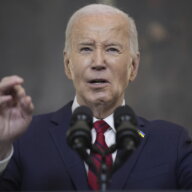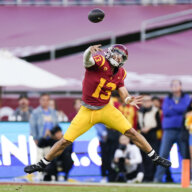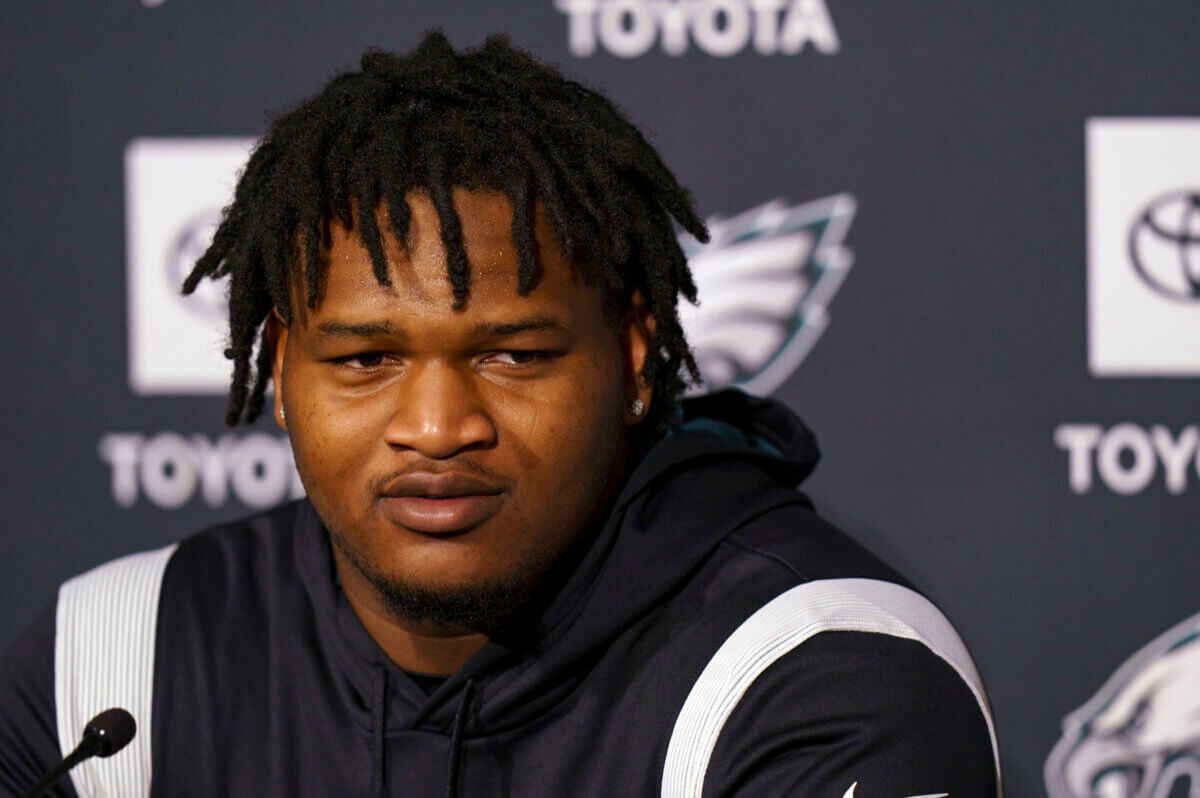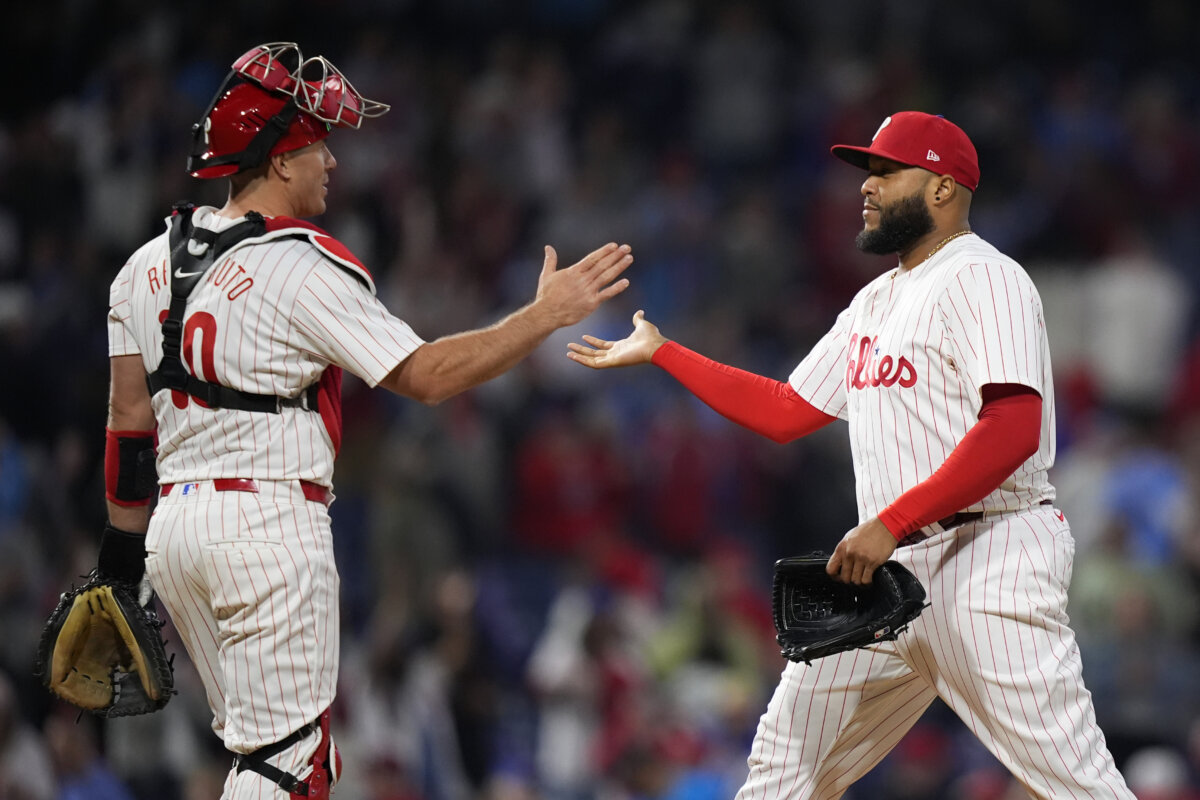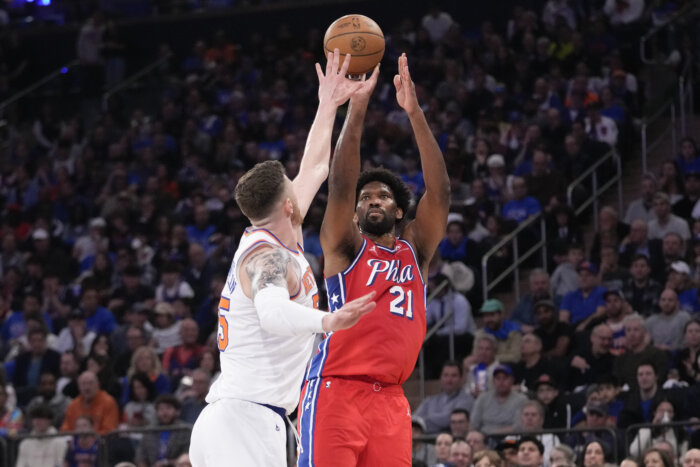Union officials for SEPTA’s transit police are meeting with Pennsylvania Congressman Bob Brady tonight in hopes of hammering out an agreement with SEPTA that would end the strike.
Earlier today, SEPTA announced contingency plans today to prevent service interruptions or safety problems for riders. The plan was the result of a strike action by the Fraternal Order of
Transit Police, which represents SEPTA’s 219 sworn police officers,
after the two sides failed to reach a contract following more than a
year of negotiations.
Philadelphia police will patrol elevated trains, subways, subway-surface trolleys and buses in the city and have officers posted at 24 key stations between 2 p.m. and 6 p.m., officials said. SEPTA has also contracted with private security firm Allied Barton to provide 40 guards to augment local police and the authority’s 45 non-union police personnel starting today.
Officials said the plan will provide adequate security for riders, while also not impacting the police department’s normal operations.
“We don’t feel this is going to have any impact on our staffing as we speak. We don’t anticipate any problems,” said Deputy Police Commissioner William Blackburn.
The union announced the strike shortly before 2 p.m., leaving officials in a bit of a lurch before the afternoon rush.
The union said it made concessions on pensions and other items, but that negotiations broke down because of a dispute over $200,000 in certification pay, which would amount to about $20 more per week for each officer. It also asked for binding arbitration, but SEPTA rejected the idea.
SEPTA would not discuss details of the negotiations, but spokesman Richard Maloney called the strike “unfortunate and unnecessary.”
In addition to paying for the private guards, the authority will also pay the Philadelphia Police Department for any overtime accrued by officers.
FOTP Richard Neal called SEPTA’s decision to hire security officers “a slap in the face.”
“The biggest question is what is the purpose of them standing there just to watch passengers get on the train and ride back and forth, as opposed to having a police officer down there that has powers to make arrests and is out there to protect and serve the riding public?” Neal asked.













